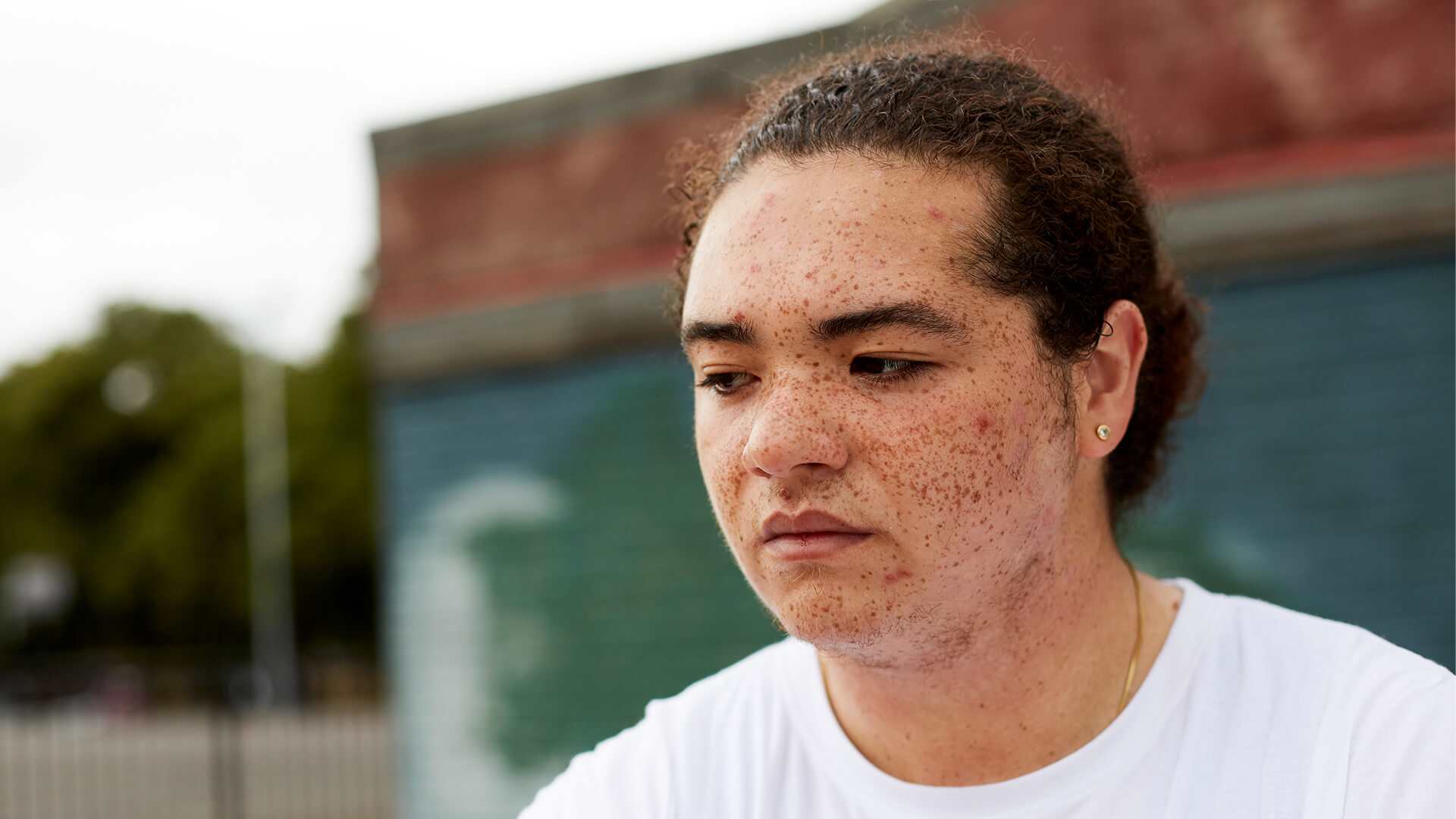Symptoms of bipolar disorder include:
- extreme mood swings
- manic episodes, which can involve talking a lot, racing thoughts, over confidence and increased activity
- low mood
- difficulty concentrating
- decreased energy
- sleep problems - feeling like you hardly need sleep or having difficulty sleeping (insomnia)
- reduced appetite
- thoughts of self-harm
- psychosis - if manic, this might consist of beliefs that you have special powers or abilities









